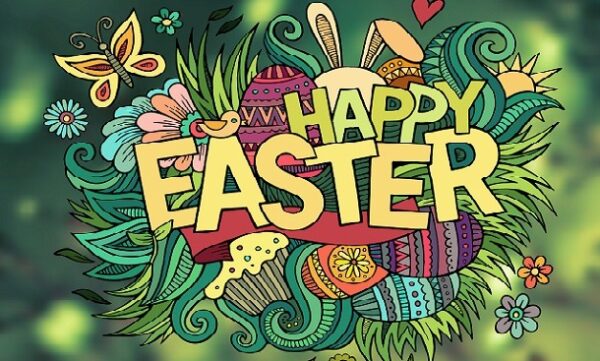Happy Easter!
Etymology Corner has been a regular feature of the collinsdictionary.com email for many months, but we’ve decided to promote it to the blog so more people can appreciate its wit and wisdom! It is written by Ian Brookes, Editorial Consultant for Collins Dictionary. Come back on the first Friday of every month for more etymology from Ian.
Easter is regarded as the centrepiece of the Christian calendar, so it is ironic that some of the words most strongly associated with it have distinctly non-Christian origins.
The word Easter itself is derived from a Germanic goddess Eostre, whose month in the early British calendar coincided with the Christian feast.
Then the ‘Friday’ part of Good Friday comes from the Norse fertility goddess Freya. It might even be thought that the epithet ‘Good’ is inappropriate for the day that marks Jesus’ crucifixion, but in fact this is an archaic use and simply means ‘holy’ rather than ‘fortunate’.




collins_dictionary_official
The home of living language. #wotd #wordlovers #collinsdictionary
Read our word of the week definitions and blog posts: